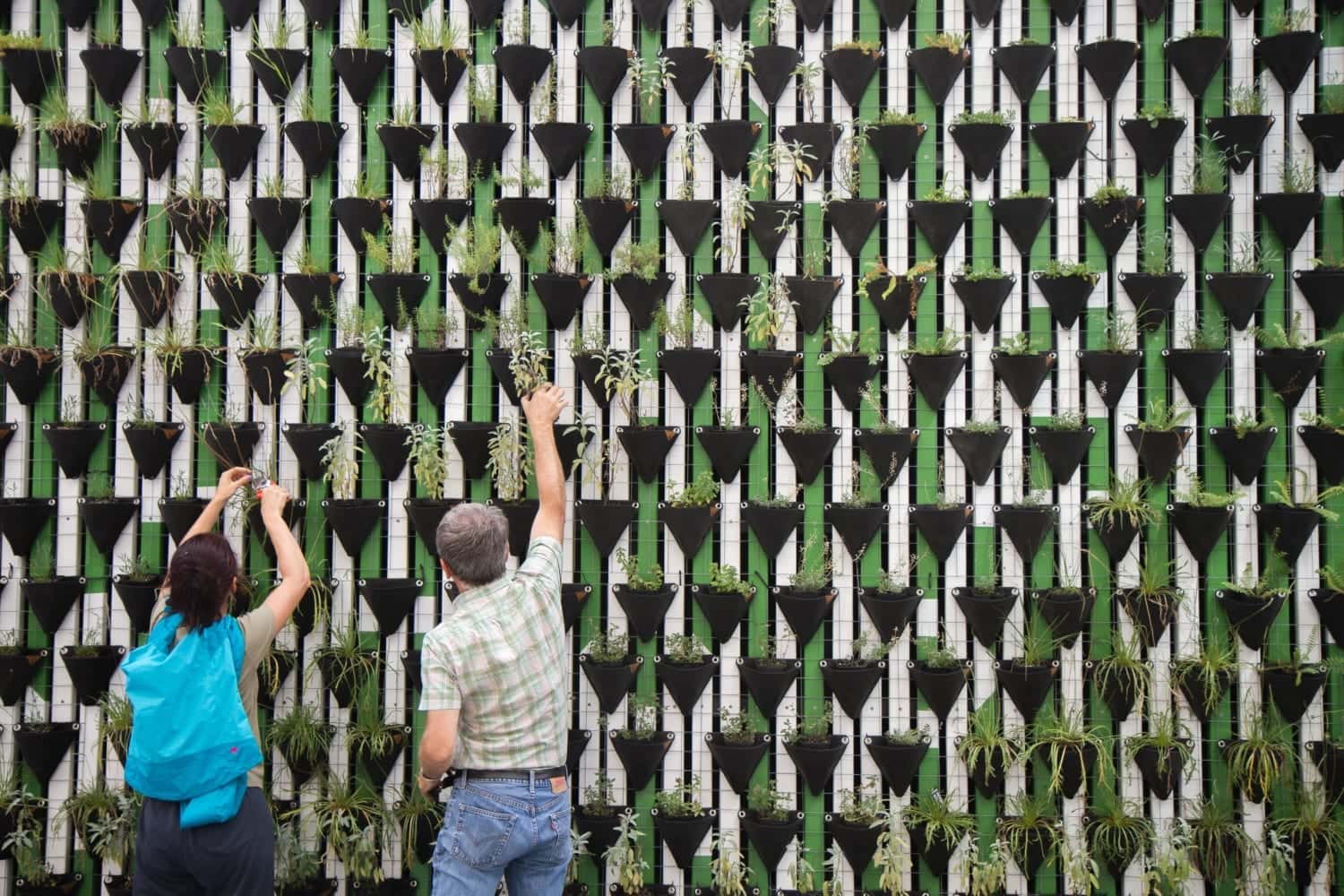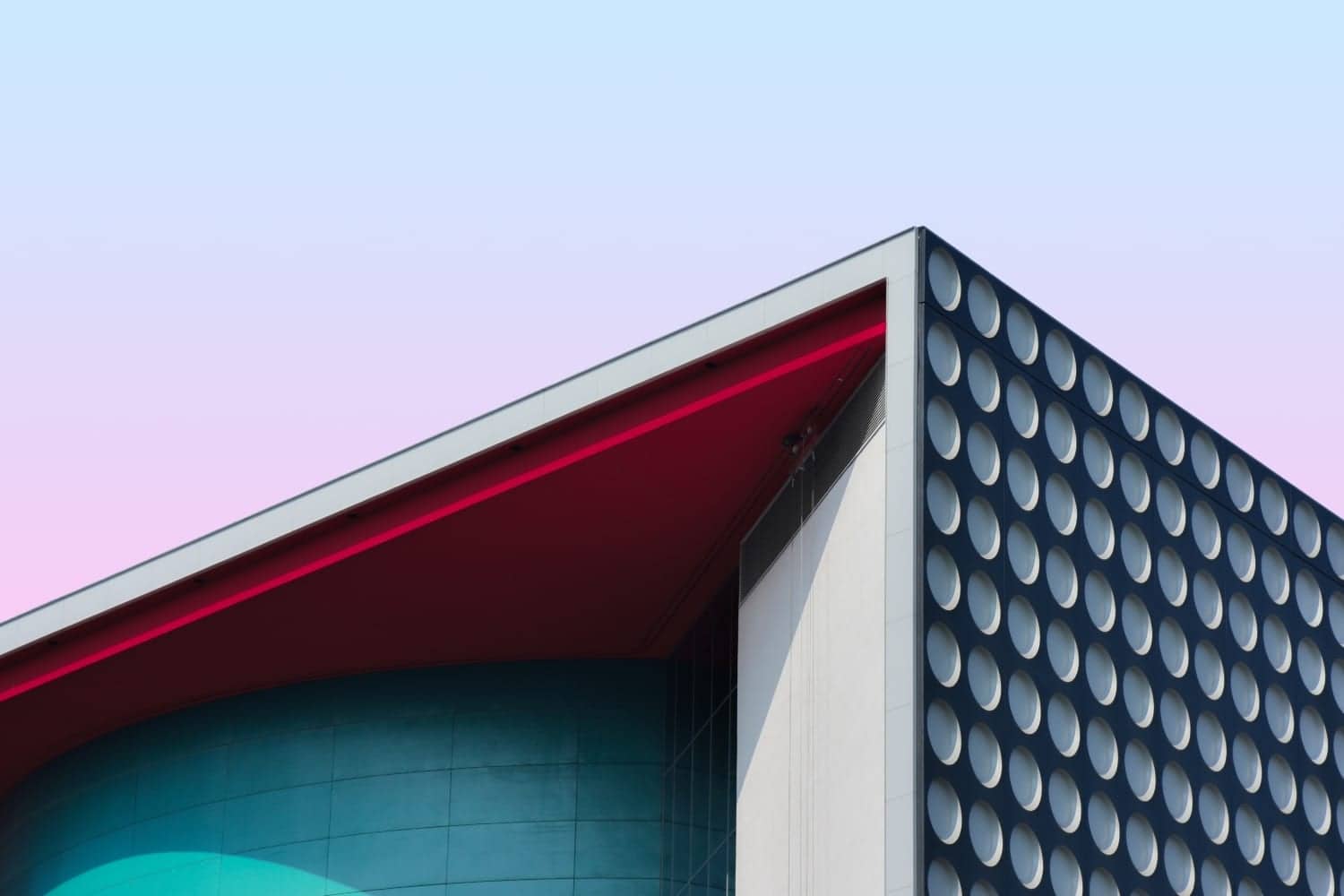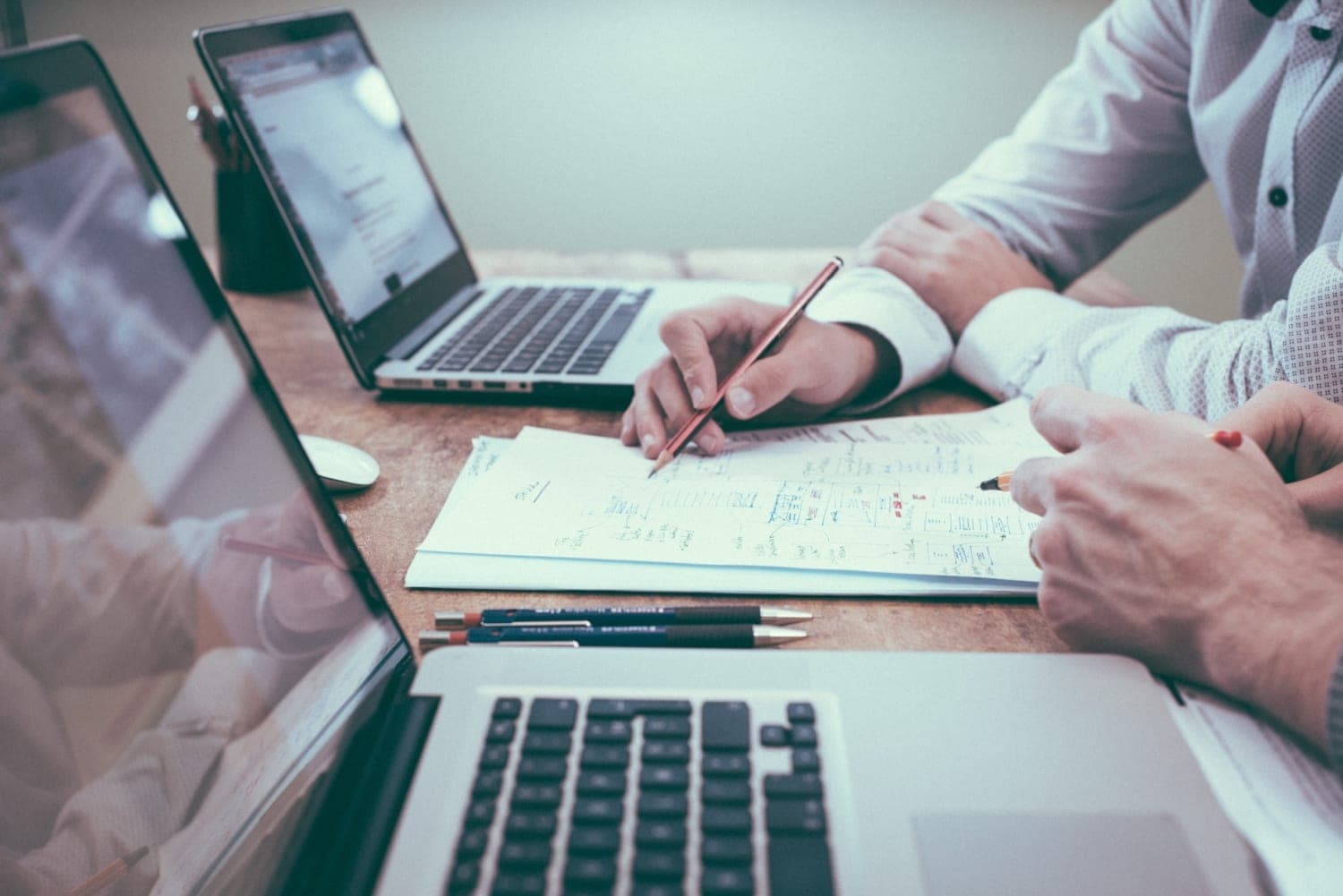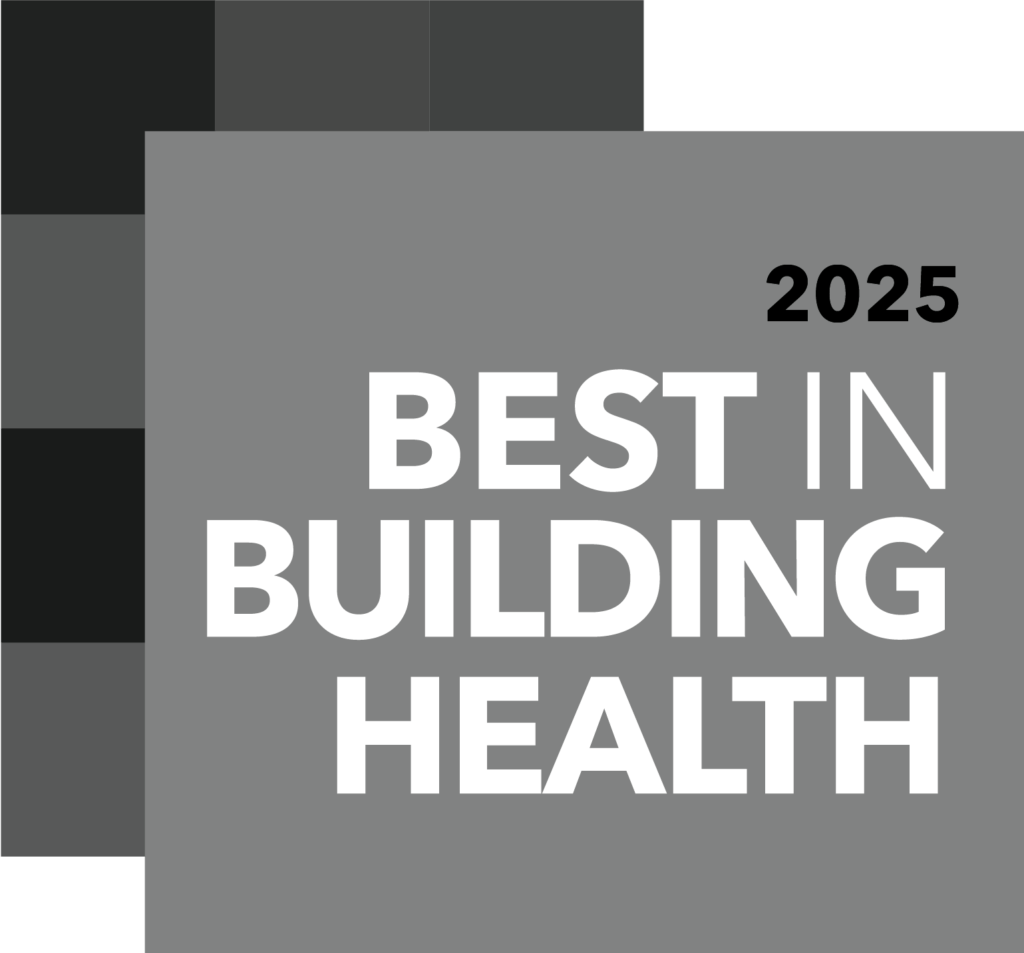
Thought
What is a better place, for people?
The current World GBC Health & Wellbeing Framework has been in the making for many years now but there is no doubt that living in the midst of a global pandemic has focused our minds on what both places, and better, means for us as a species.
The first essential question is what is ‘place’?
It means so many different things to each of us, both individually, culturally and as a society. In the current situation, it has come to mean both refuge and prison, not least due to the impact of the lack of choices imposed on us and what that does to our mental health.
The definition of office space has been changing rapidly over the last 5 years, driven by new trends in employee engagement, better understanding of the science behind productivity within the workplace, and wider realisation of the impact that unseen threats (long before COVID-19) have on both our short and long term health, happiness and performance.
The recent realisation that most office workers can function well from home is naturally leading to another round of floor tile-gazing as the commercial market asks itself ‘what do people want now?’. Sadly, I suspect the answer is some way off…but it may be a better answer for people.
How did we get here?
I can’t possibly begin to address the myriad responses to that issue, and are surely being written right now, in an attempt to answer this. For me, part of the issue comes in our persistent refusal to consider ourselves a mammalian species, occupying the same spaces as other species on a single planet (not the place here to embark on single planet living and the anthroposcene). Despite all our best efforts, we still have the same respiratory systems, neurological and physicals responses and social needs that our tribal ancestors did. No amount of stone, clothing or behaviour can change the fundamentals of the Homo sapiens as a species, even if our jaw bite has altered slightly over the centuries.
As such, it should come as no surprise to us to discover that what matters to us is the people in those places that we miss most (see the copious employee surveys for evidence) and the sense of belonging to a tribe, be that family, colleagues or a combination. Place, however, is now tinged with a sense of fear, and we must work harder than ever to alleviate that fear and visualise the invisible threats that we are all living with.
What is a ‘better place’?
Philosophically, of course, the first question has to be, “compared to what?” In the resplendent glass houses of the developed cities, where there is an overwhelming choice of types of milk for your coffee in the lobby café, attention has focused on occupier facilities, flexible working space types and more human features within the office environment. However, lest we forget the inequality inherent in air quality issues, the intensity metric of poor air quality versus ‘months of potential life reduced’ is brutal and unforgiving. Focusing on key issue in isolation tend to lead to unintended consequences, which is why we are whole-heartedly supporting the 6 key principles of the new Health& Wellbeing Framework[1], which address both the inter-related factors of healthy places but also the whole building lifecycle.
Since we evolved into our original habitat, complete with sabre tooth tigers and other hungry predators, our natural defences evolved with us; smell, taste, hearing. We did not need to “see” air quality, since we lived mostly outdoors; we did not need to go to the gym, since our food needed to be picked, or chased; we did not need to meet our friends online, since the survival of the tribe depended on our sticking together.
As we stand on the border of a new era of engagement, understanding and opportunity, we do have the chance to reset the parameters of both place and human relationships. A better place, for people, in this context, signifies one which both protects and nurtures, and to do so in the 21st Century requires new eyes and ears in the form of constant monitoring, and new reassurance in the form of visible compliance with new regimes. The good news is that the impact of place on human health is now primary in everyone’s thoughts, and also that the technology is now available to provide the feedback we need from those places. Whether that is our own bedrooms, the road outside or our office, solutions are now at hand that were inconceivable even 10 years ago.
As we reconsider what it will take to get us back to better, this WGBC Framework could not come at a more relevant time. Each crisis brings opportunity.
EVORA’s uniquely broad expertise enables the seamless embedding of health and wellbeing with broader ESG strategy, processes, and reporting commitments for holistic optimisation. Contact our team of 11+ qualified health and wellbeing experts for support.
[1] www.worldgbc.org/health-framework













